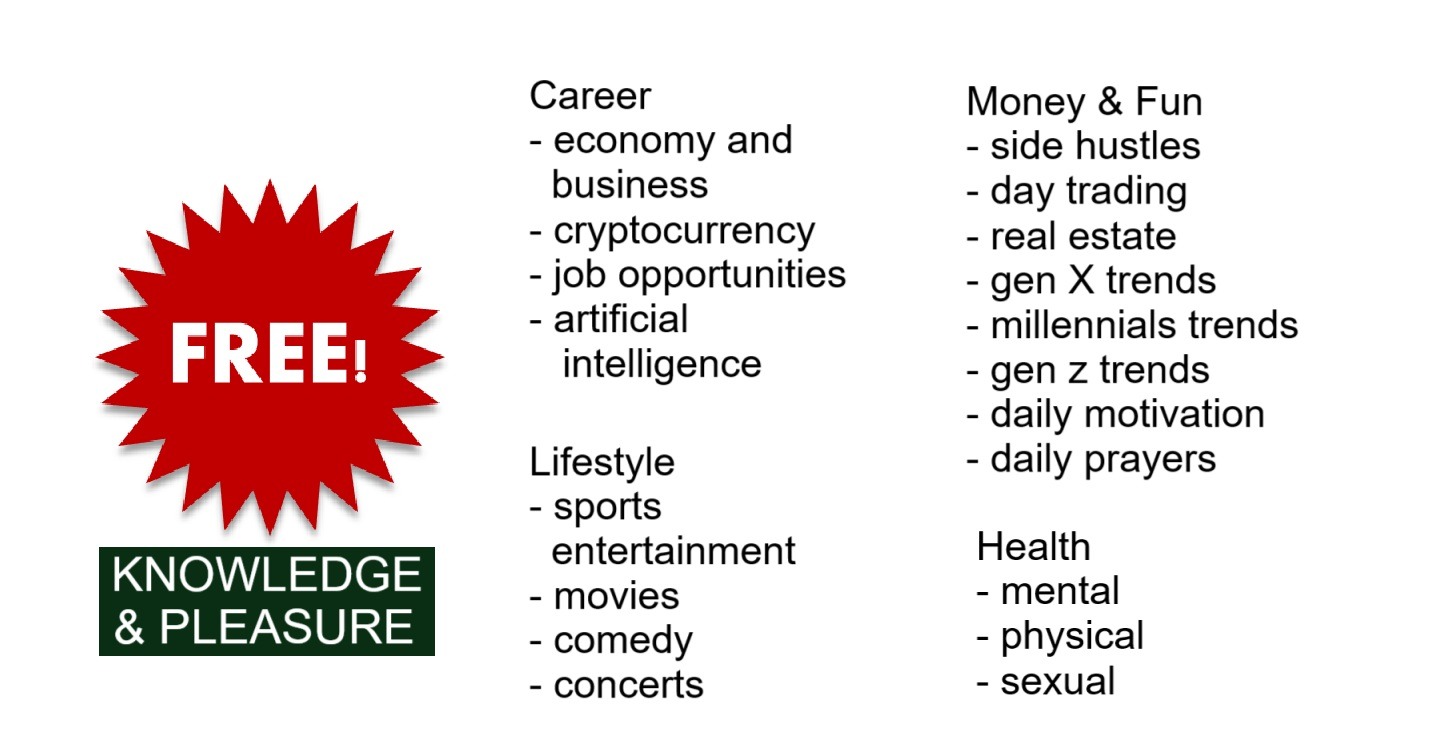Last Updated on April 18, 2025 by Royce Pierpont
Introduction
GlaxoSmithKline (GSK) is a global biopharmaceutical company with a mission to improve the quality of human life by enabling people to do more, feel better, and live longer. With a rich history spanning over 300 years, GSK has established itself as a leader in the research, development, and manufacturing of innovative medicines, vaccines, and consumer healthcare products. This SWOT analysis aims to provide a comprehensive overview of GSK’s Strengths, Weaknesses, Opportunities, and Threats, offering valuable insights for marketers, market researchers, industry analysts, academics, job seekers, and businesses interested in understanding GSK’s strategic position and potential.
Company Overview
GSK operates through three primary business segments:
- Pharmaceuticals: Focuses on developing and marketing prescription medicines across various therapeutic areas, including respiratory, HIV, oncology, and immunology.
- Vaccines: A global leader in vaccine development and production, offering a wide range of vaccines for diseases such as influenza, hepatitis, measles, and meningitis.
- Consumer Healthcare: Provides over-the-counter medicines, oral health products, nutritionals, and skin health products through well-known brands like Sensodyne, Panadol, and Voltaren.
SWOT Analysis
Strengths
- Strong Market Position: GSK holds a leading position in the global pharmaceuticals, vaccines, and consumer healthcare markets. Its well-established brands and extensive product portfolio contribute to its strong market presence.
- Robust Research and Development (R&D) Capabilities: GSK has a strong focus on R&D, investing heavily in developing innovative medicines and vaccines. Its R&D pipeline includes a diverse range of potential new products, positioning the company for future growth.
- Global Presence and Distribution Network: GSK has a significant global presence, with operations in over 150 countries. Its well-established distribution network enables it to reach a wide customer base and capitalize on growth opportunities in emerging markets.
- Diverse Product Portfolio: GSK’s diverse product portfolio spans across multiple therapeutic areas and consumer healthcare categories, reducing its reliance on any single product or market. This diversification provides stability and resilience in the face of changing market dynamics.
- Strong Financial Performance: GSK has demonstrated consistent financial performance, with strong revenue generation and profitability. Its financial strength enables it to invest in R&D, acquisitions, and other strategic initiatives.
- Experienced Management Team: GSK has a highly experienced management team with a proven track record of success. Their expertise and leadership contribute to the company’s strategic direction and operational efficiency.
- Strategic Collaborations and Partnerships: GSK actively engages in strategic collaborations and partnerships with other companies, research institutions, and healthcare organizations. These collaborations enhance its R&D capabilities, expand its product portfolio, and strengthen its market position.
- Commitment to Sustainability: GSK is committed to sustainable business practices, focusing on environmental stewardship, social responsibility, and ethical conduct. Its commitment to sustainability enhances its reputation and strengthens its relationships with stakeholders.
Weaknesses
- Reliance on Key Products: Despite having a diverse product portfolio, GSK still relies on a few key products for a significant portion of its revenue. This dependence exposes the company to risks associated with patent expirations, generic competition, and changing market dynamics.
- R&D Productivity Challenges: The pharmaceutical industry faces increasing challenges in R&D productivity, with rising costs and declining success rates. GSK is not immune to these challenges, and its ability to develop and launch innovative new products is critical to its long-term success.
- Exposure to Litigation and Regulatory Risks: GSK, like other pharmaceutical companies, is exposed to litigation and regulatory risks related to product safety, pricing, and marketing practices. These risks can result in significant financial liabilities and reputational damage.
- Complex Organizational Structure: GSK has a complex organizational structure, which can sometimes lead to inefficiencies and delays in decision-making. Simplifying the organizational structure and improving communication and collaboration can enhance operational efficiency.
- Geographic Concentration of Revenue: While GSK has a global presence, a significant portion of its revenue is generated from developed markets. Expanding its presence in emerging markets and reducing its reliance on developed markets can enhance its growth prospects.
- Integration Challenges: GSK has a history of mergers and acquisitions, and integrating acquired businesses can be challenging. Successfully integrating acquired businesses and realizing synergies are critical to maximizing the value of these transactions.
Opportunities
- Growing Demand for Pharmaceuticals and Vaccines: The global demand for pharmaceuticals and vaccines is growing, driven by factors such as aging populations, increasing prevalence of chronic diseases, and rising healthcare expenditure. GSK is well-positioned to capitalize on this growing demand.
- Emerging Markets Growth: Emerging markets offer significant growth opportunities for GSK, with their large populations, increasing healthcare awareness, and improving access to healthcare. Expanding its presence in emerging markets can drive revenue growth and enhance its global market position.
- Technological Advancements: Technological advancements such as genomics, proteomics, and artificial intelligence are transforming the pharmaceutical industry. GSK can leverage these technologies to accelerate drug discovery, improve clinical trial efficiency, and personalize healthcare.
- Strategic Alliances and Partnerships: GSK can further enhance its capabilities and expand its product portfolio through strategic alliances and partnerships with other companies, research institutions, and healthcare organizations.
- Expansion of Consumer Healthcare Business: The consumer healthcare market is growing, driven by increasing self-care trends and the availability of over-the-counter medicines. GSK can expand its consumer healthcare business by launching new products, expanding into new markets, and leveraging digital channels.
- Focus on Precision Medicine: Precision medicine, which involves tailoring medical treatment to individual patients based on their genetic and molecular characteristics, is gaining traction. GSK can invest in precision medicine to develop more effective and targeted therapies.
- Digital Transformation: Digital technologies are transforming the healthcare industry, enabling new ways to engage with patients, improve healthcare delivery, and enhance operational efficiency. GSK can embrace digital transformation to enhance its competitiveness and improve patient outcomes.
Threats
- Generic Competition: The pharmaceutical industry faces increasing competition from generic drug manufacturers, which can erode the market share and profitability of branded drugs. GSK needs to develop strategies to mitigate the impact of generic competition, such as developing new formulations, securing patent extensions, and launching authorized generics.
- Pricing Pressures: Healthcare providers and governments are under pressure to reduce healthcare costs, leading to increased pricing pressures on pharmaceutical companies. GSK needs to manage pricing pressures by demonstrating the value of its products, negotiating favorable reimbursement terms, and exploring innovative pricing models.
- Regulatory Changes: The pharmaceutical industry is subject to extensive regulation, and changes in regulations can impact drug development, approval, and marketing. GSK needs to stay abreast of regulatory changes and adapt its strategies accordingly.
- Economic Downturns: Economic downturns can reduce healthcare spending and impact demand for pharmaceuticals and consumer healthcare products. GSK needs to diversify its revenue streams and manage its costs effectively to mitigate the impact of economic downturns.
- Counterfeit Drugs: The proliferation of counterfeit drugs poses a threat to patient safety and undermines the integrity of the pharmaceutical supply chain. GSK needs to invest in measures to combat counterfeit drugs and protect its brands.
- Changing Healthcare Landscape: The healthcare landscape is constantly evolving, with new players, technologies, and business models emerging. GSK needs to adapt to these changes and remain competitive in the face of disruption.
- Cybersecurity Threats: The healthcare industry is increasingly vulnerable to cyberattacks, which can compromise sensitive patient data and disrupt operations. GSK needs to invest in cybersecurity measures to protect its data and systems.
Conclusion
GSK is a leading global biopharmaceutical company with a strong market position, robust R&D capabilities, and a diverse product portfolio. However, it also faces challenges such as reliance on key products, R&D productivity challenges, and exposure to litigation and regulatory risks. To succeed in the long term, GSK needs to capitalize on opportunities such as the growing demand for pharmaceuticals and vaccines, emerging markets growth, and technological advancements. It also needs to address threats such as generic competition, pricing pressures, and regulatory changes. By leveraging its strengths, addressing its weaknesses, capitalizing on opportunities, and mitigating threats, GSK can continue to improve the quality of human life and deliver value to its stakeholders.









